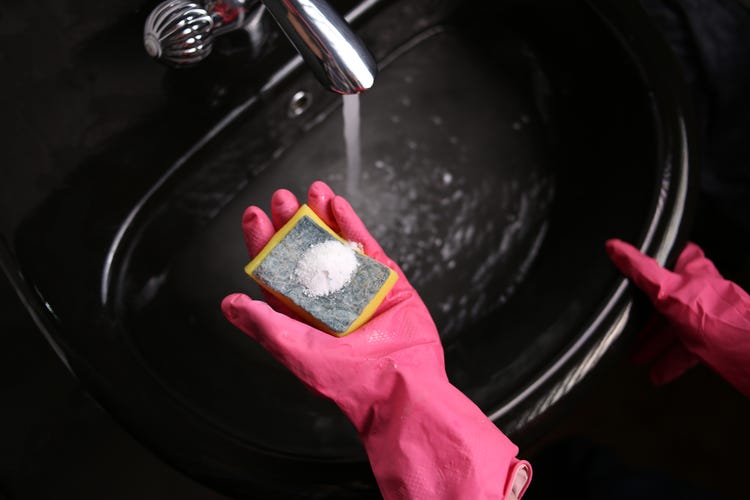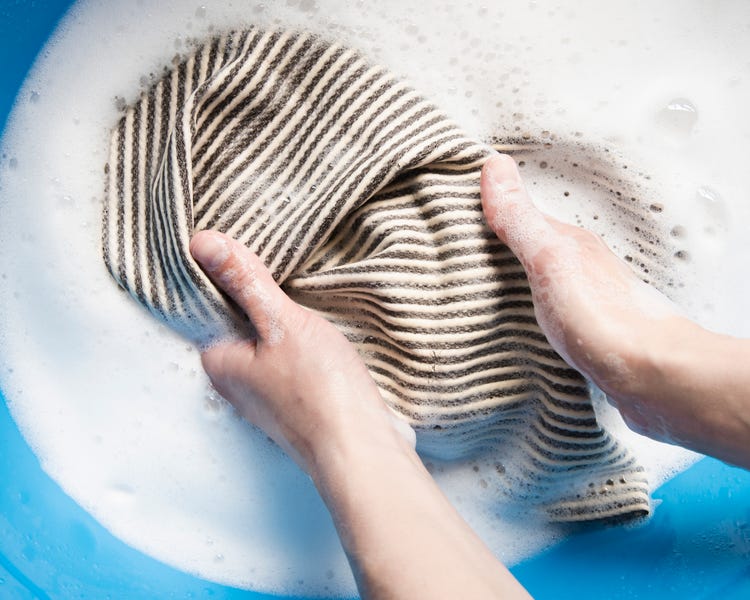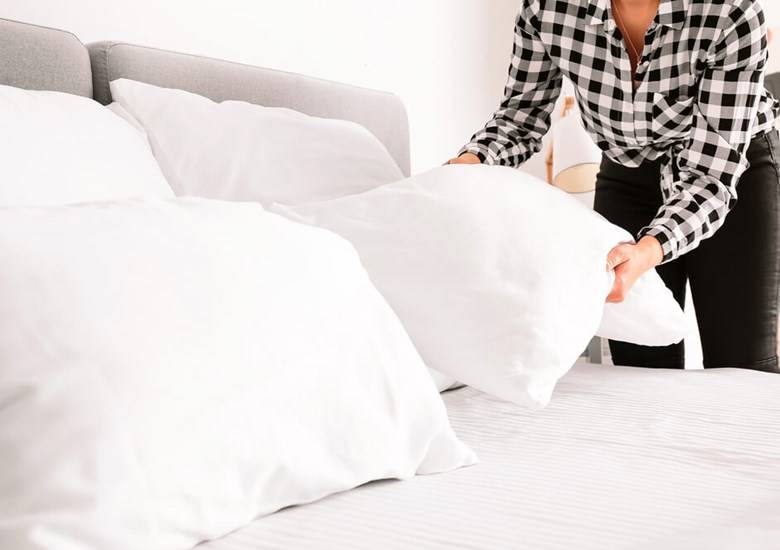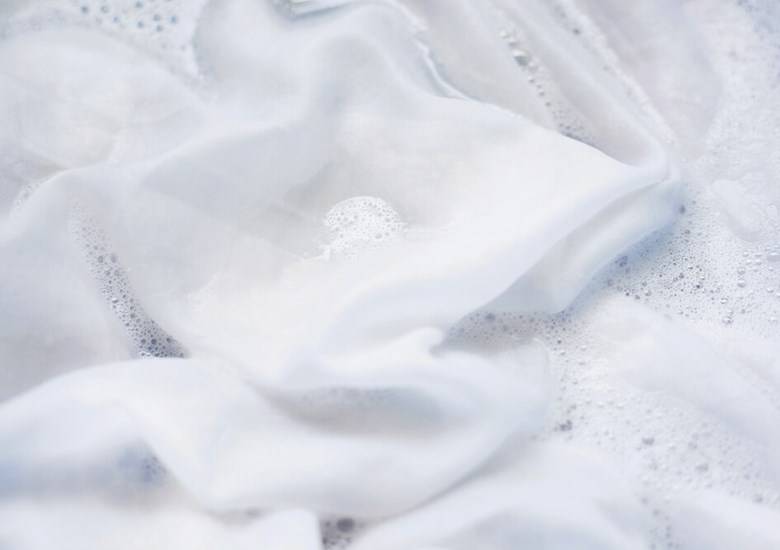How to Brighten and Clean without Bleach
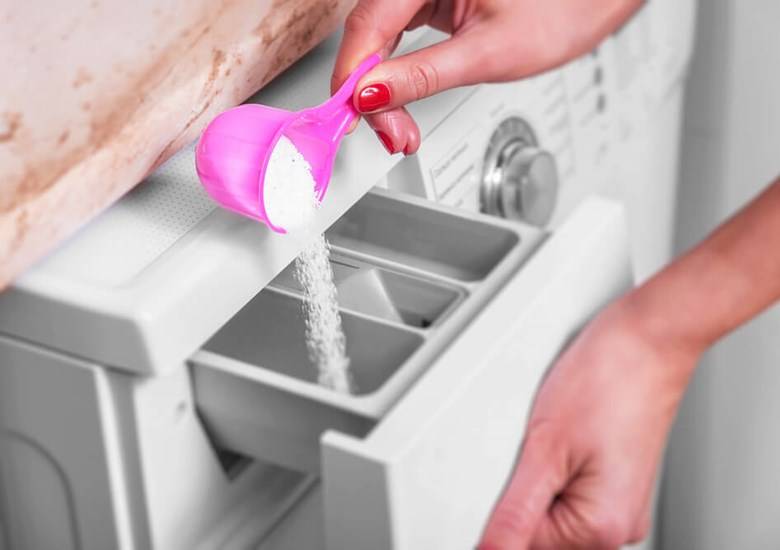
Hard water problems? Use soap powder to test water hardness at home. This guide explains the method, science, and next steps for softer water.
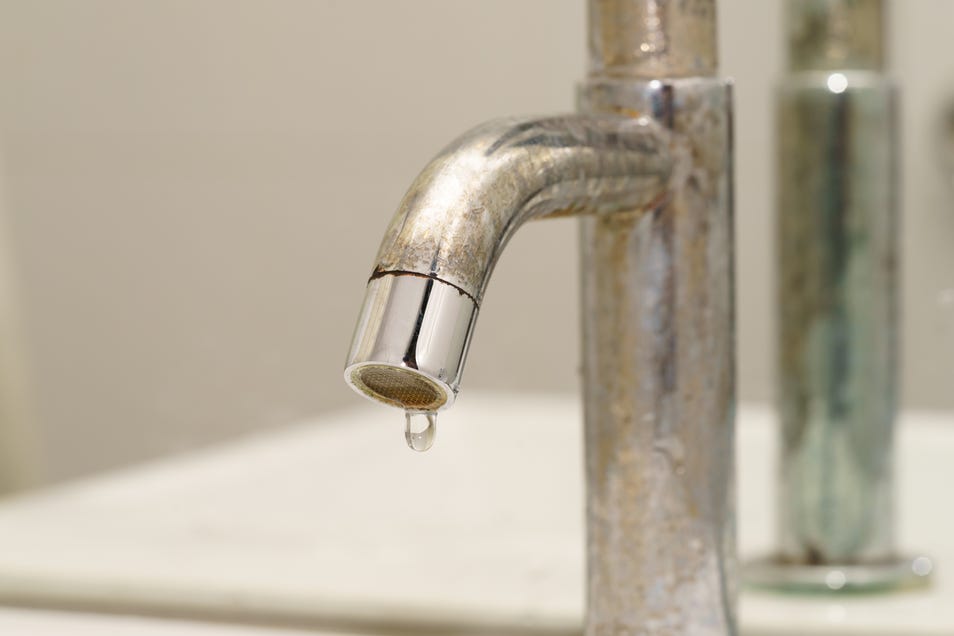
Have you ever noticed a filmy residue on your dishes, stubborn soap scum in your shower, or a lack of lather when washing your hands? These could be subtle hints that your water is hard. But how can you confirm this without expensive kits or professional testing?
The answer lies in something you probably already have at home—soap powder. Yes, that humble box of powder detergent soap can reveal the truth about your water’s hardness. In this blog, we’ll explore how you can check with the help of soap powder whether water is hard, why this method works, and what steps to take if your water fails the test. Let’s dive in!
Water hardness refers to the concentration of dissolved minerals, primarily calcium and magnesium, in your water. These minerals are naturally present in groundwater and can vary depending on your location. Hard water isn’t harmful to drink, but it can wreak havoc on your home. It reduces the effectiveness of soaps and detergents, leaves scale buildup in pipes and appliances, and can even dry out your skin and hair.
Understanding whether your water is hard or soft is the first step toward addressing these issues. While there are several methods to test water hardness, using soap powder is one of the simplest and most cost-effective ways to get a quick answer.
Soap, in its various forms, reacts differently with hard and soft water. When mixed with hard water, the calcium and magnesium ions bind with the soap molecules, forming an insoluble compound known as soap scum. This reaction reduces the soap’s ability to lather, making it less effective for cleaning.
Powder detergent soap is particularly useful for this test because it provides a consistent and measurable reaction. Unlike liquid soap, which can vary in concentration, soap powder allows you to control the amount used, ensuring more accurate results. Plus, it’s a common household item, making it an accessible option for anyone curious about their water quality.
Before we dive into the testing process, let’s address a common question: What is soap powder used for? Soap powder, also known as powder detergent soap, is primarily used for laundry and cleaning purposes.
It’s designed to break down dirt and grease, making it an effective cleaning agent. However, its chemical composition also makes it a handy tool for testing water hardness. The sodium salts of fatty acids in soap powder react with the minerals in hard water, creating a visible reaction that can be easily observed.
The key to this method lies in the chemistry of soap. The chemical name of soap powder is sodium stearate, a compound derived from fatty acids and alkali. When mixed with water, sodium stearate dissociates into sodium ions and stearate ions. In soft water, these stearate ions form a lather, which is what we associate with effective cleaning.
However, in hard water, the calcium and magnesium ions react with the stearate ions to form calcium stearate and magnesium stearate—insoluble compounds that appear as scum. This reaction prevents the formation of lather, giving you a clear indication of water hardness.
Now that we understand the science, let’s get practical. Here’s a step-by-step guide to how you can check with the help of soap powder whether water is hard:
1 - Gather Your Materials
You’ll need a clear glass or plastic bottle, a measured amount of powder detergent soap, and a sample of the water you want to test.
2 - Collect a Water Sample
Fill the bottle about one-third full with the water you wish to test. Make sure the water is at room temperature for accurate results.
3 - Add Soap Powder
Add a small, measured amount of soap powder to the water. Start with about half a teaspoon and adjust as needed.
4 - Shake Vigorously
Close the bottle and shake it vigorously for about 10-15 seconds. This helps the soap dissolve and react with the water.
5 - Observe the Reaction
After shaking, let the mixture sit for a minute. Then, observe the results:
• Soft Water: You’ll see a rich, foamy lather with little to no scum.
• Hard Water: The lather will be minimal, and you’ll notice a cloudy or milky layer of scum.
6 - Interpret the Results
The more scum and less lather you see, the harder your water is. If the water is very hard, you may need to consider water-softening solutions.
If your test confirms that you have hard water, don’t worry—there are several ways to address the issue. Installing a water softener is the most effective long-term solution, but you can also use vinegar or citric acid to remove scale buildup from appliances. For laundry, consider using a water-softening additive along with your powder detergent soap to improve cleaning efficiency.
While the soap powder method is simple and effective, there are other ways to test water hardness if you want to cross-verify your results:
1 - Test Strips
These are small strips that change colour when dipped in water. The colour corresponds to a hardness level on a provided chart.
2 - Liquid Test Kits
These kits use a chemical reagent that changes colour when added to a water sample. They are more accurate than test strips but require more effort.
3 - Professional Testing
For the most accurate results, you can send a water sample to a lab for analysis. This is especially useful if you suspect other contaminants in your water.
Each method has its pros and cons, but the soap powder test remains a quick and easy way to get a general idea of your water’s hardness.
Understanding your water hardness isn’t just about solving immediate problems like soap scum or limescale. It can also have long-term implications for your home and health:
1 - Appliance Longevity
Hard water can shorten the lifespan of appliances like washing machines, dishwashers, and water heaters by causing mineral buildup.
2 - Energy Efficiency
Scale buildup in pipes and appliances can reduce their efficiency, leading to higher energy bills.
3 - Skin and Hair Health
Hard water can strip moisture from your skin and hair, leading to dryness and irritation.
4 - Cleaning Efficiency
Hard water reduces the effectiveness of soaps and detergents, meaning you’ll need to use more product to achieve the same results.
By knowing your water hardness, you can take proactive steps to mitigate these issues and improve your quality of life.
Testing your water hardness doesn’t have to be complicated or expensive. With just a bottle, some water, and a bit of soap powder, you can uncover the truth about your water’s mineral content. Whether you’re dealing with stubborn soap scum or lacklustre laundry, knowing how to check with the help of soap powder whether water is hard empowers you to take control of your water quality. So, grab that box of powder detergent soap and give it a try—your home (and your skin) will thank you!
